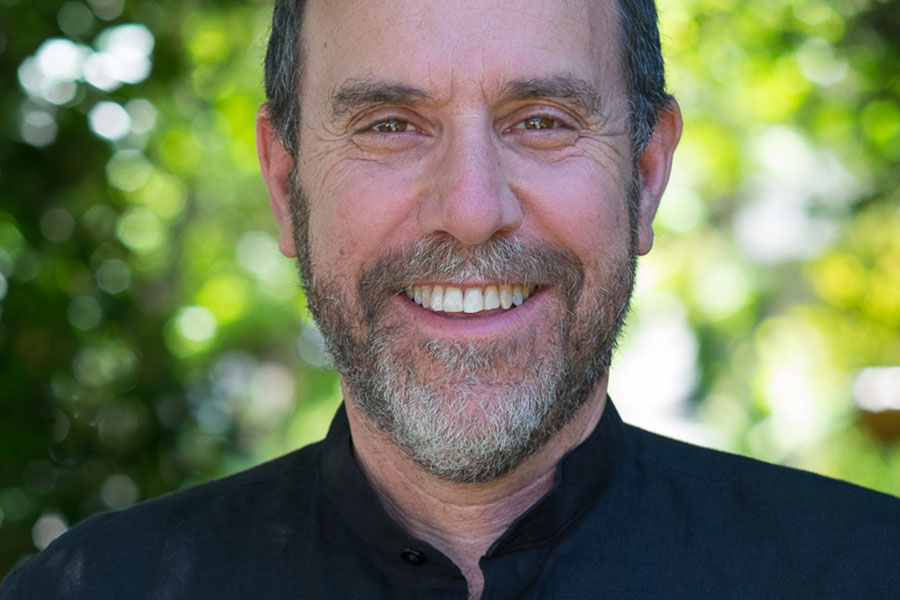Since World War II, researchers have been asking: “What makes great leadership?” “How do successful leaders become who they are?” and “What are the skills and capacities that make them successful?”
Until the middle of the 20th century, centralization of power and control were the primary themes in the leadership literature. As a result, many answers to these questions initially centred on the military, and many of the great leaders written about in the United States were famous generals such as Patton and Eisenhower. Based on principles of scientific management and the rational man, modern leadership theory began to emerge in the middle part of the 20th century.
Personality traits, intelligence and leadership styles became a primary focus for describing great leadership. Transactional and transformational theories of leadership that focused on the ability of leaders to motivate their workers also emerged in the 1950s and 1960s. Collectively, these theories became known as “great man” theories of leadership. Over the second half of the 20th century, leadership scholars have conducted more than a thousand studies in an attempt to determine the definitive styles, characteristics or personality traits of “great man” leaders.
The major assumption underlying these “great man” theories is that leaders are born and not developed. Further, that these great leaders possess extraordinary capacities including charisma, intelligence and confidence.
Significant alternatives to the “great man” theories emerged in the late 20th century that focuses more on self-awareness and broader purpose. Terms including “servant leadership,” “primal leadership,” “authentic leadership” and “enlightened leadership” began to appear.
Based on my experience in the corporate world and in higher education, the most important capacity for leaders to develop involves their psychological and emotional development. This includes a greater awareness of values, motivations, and deeper purpose. For this reason, I use Servant Leadership, Primal (emotionally intelligent) Leadership, and The Fifth Discipline Fieldbook as my primary course texts.
When my awareness of the ecological crisis deepened, I discovered how servant leadership and emotionally intelligent leadership lead to serving not only the people around us, but also the natural environment around us. I discovered new ways that these leadership philosophies can contribute to a psychology for sustainability leadership.
Read more in Steve Schein’s new book A New Psychology For Sustainability Leadership, available here:
Steve Schein is a sustainability leadership educator, researcher, and executive coach. After 25 years in the corporate world and 10 in academia, he sees the evolution of business leadership and education towards ecological sustainability a global imperative. To that end, his research focuses on the development of ecological and post-conventional worldviews in the setting of multinational corporate leadership. He currently serves on the Board of Directors for Net Impact and the GEOS Institute. He can be reached through his website at www.steveschein.net.




































